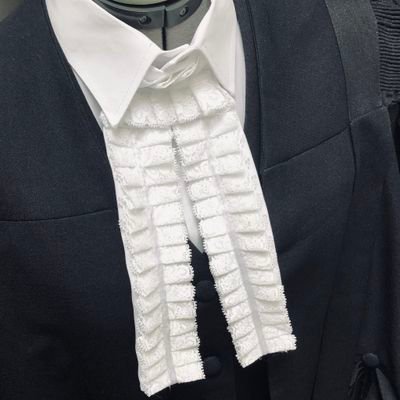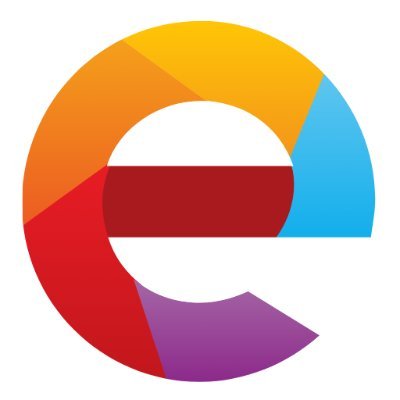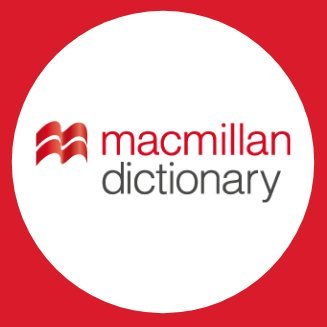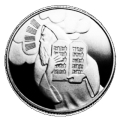
LanguageTool
@languagetool
This account is not actively maintained. ➡ http://languagetool.org/ 💡 AI-powered writing assistant ⬇️ Imprint, Data Policy & More!
You might like
🖊️ LanguageTool is my favorite writing utility (after Copilot). If you think my writing is half-eloquent, I owe at least 37% of that to LT. languagetool.org

It's Cyber Monday. Get LanguageTool Premium at a discount for a limited time: languagetool.org
Monosyllabic means “consisting of one syllable.” Talk about not practicing what you preach. 😅 #LanguageTool

Who knows the answer?

💣 Where do we sign the petition to change the pronunciation of “bomb” to “boom”?

💍 But “fiancé” and “fiancée” are homophones, meaning they’re pronounced identically. The difference in spelling (the extra ‘e’ at the end) comes from the French origin of the word, where nouns have gender-specific forms. #LanguageTool

⚠️ FYI: “Chasm” is a noun that means: 1) A deep cleft in the earth, rock, or another surface. 2) A profound difference, separation, or division between people, perspectives, feelings, etc. #LanguageTool

Transitive verbs require direct objects. A direct object (which is a type of sentence ✨complement✨) is a noun or pronoun that receives the action of the verb. For example, “bit” is a transitive verb. 🔹 The monkey bit the zookeeper.

A hyphenated phrase contains a hyphen, such as “full-time.” A non-hyphenated one does not. 🙃 #LanguageTool

United States Trends
- 1. Packers 97.9K posts
- 2. Eagles 127K posts
- 3. Jordan Love 15.1K posts
- 4. #WWERaw 130K posts
- 5. LaFleur 14.4K posts
- 6. Benítez 11.5K posts
- 7. AJ Brown 6,956 posts
- 8. Jaelan Phillips 7,866 posts
- 9. McManus 4,370 posts
- 10. Jalen 24K posts
- 11. Patullo 12.3K posts
- 12. Sirianni 5,018 posts
- 13. Smitty 5,514 posts
- 14. Grayson Allen 3,780 posts
- 15. #GoPackGo 7,913 posts
- 16. James Harden 1,829 posts
- 17. Cavs 11.6K posts
- 18. Vit Krejci N/A
- 19. Berkeley 56.4K posts
- 20. Veterans Day 29.9K posts
You might like
-
 Piotr Nawrot
Piotr Nawrot
@p_nawrot -
 Zekun Wang (ZenMoore) 🔥
Zekun Wang (ZenMoore) 🔥
@ZenMoore1 -
 Meredith Gay 🛋️✨
Meredith Gay 🛋️✨
@MerGarza -
 UPenn NLP
UPenn NLP
@upennnlp -
 Harshit Joshi
Harshit Joshi
@harshitj__ -
 Alby 🐝
Alby 🐝
@getAlby -
 Sankeerth
Sankeerth
@trippy_hustler -
 Yujia Qin
Yujia Qin
@TsingYoga -
 Siyan Zhao
Siyan Zhao
@siyan_zhao -
 Document Foundation
Document Foundation
@tdforg -
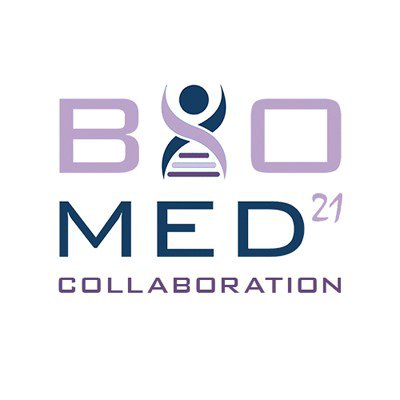 BioMed21 Collaboration
BioMed21 Collaboration
@BioMed_21 -
 Nikolaus Scherak
Nikolaus Scherak
@NikiScherak -
 Alberto Paniz Mondolfi
Alberto Paniz Mondolfi
@Betopaniz -
 Edward Hu
Edward Hu
@edward_s_hu -
 Nektarios Kalogridis
Nektarios Kalogridis
@NektariosAI
Something went wrong.
Something went wrong.


















































